If you’ve ever wondered whether your boiler is getting old, you’re not alone. Most homeowners start paying attention when the heating bill climbs or the hot water flickers. The good news is you can spot trouble early and decide if a simple fix will do or if it’s time for a new unit.
Boilers don’t all age the same way. A few key factors decide whether yours will hit 10, 15 or even 20 years.
In the UK, a well‑maintained boiler typically lasts between 12 and 15 years. If you’re past 10 years and notice any of the warning signs below, start planning.
Even if your boiler is nearing the average age, a few habits can push it further.
1. Keep up with annual servicing. A qualified Gas Safe engineer will clean the heat exchanger, check gas pressure and test safety devices. This service usually costs £80‑£120 but saves you from expensive breakdowns.
2. Flush the system. Over time, sludge builds up in the radiators and pipework. Flushing every 3‑5 years restores flow and reduces strain on the pump.
3. Monitor pressure. The pressure gauge should sit around 1‑1.5 bar when the system is cold. Consistently low or high pressure means there’s a leak or a faulty expansion vessel.
4. Fix small faults fast. A knocking sound, cold spots on radiators or a thermostat that won’t stay set are early alarms. Ignoring them pushes the boiler to work harder and can cause a bigger failure.
5. Consider a smart thermostat. Modern controls cut out heating when rooms are empty, lowering the run‑time and wear on the boiler.
When a repair costs more than half the price of a new boiler, or when the unit is over 15 years old, replacement becomes the smarter choice. New models are up to 30 % more efficient, meaning lower bills and a smaller carbon footprint.
Bottom line: keep an eye on age, watch for warning signs, and stick to a yearly service. Those simple steps let you get the most out of your boiler and avoid surprise breakdowns when winter hits.

Thinking about how long your boiler will keep working? This article explains the real lifespan of boilers, the factors that affect how long they last, and how to spot when yours might be on its last legs. You'll get practical tips for stretching out your boiler's life and advice about when it's smarter to repair or just replace. Stay warm and avoid surprise breakdowns with these straightforward facts.
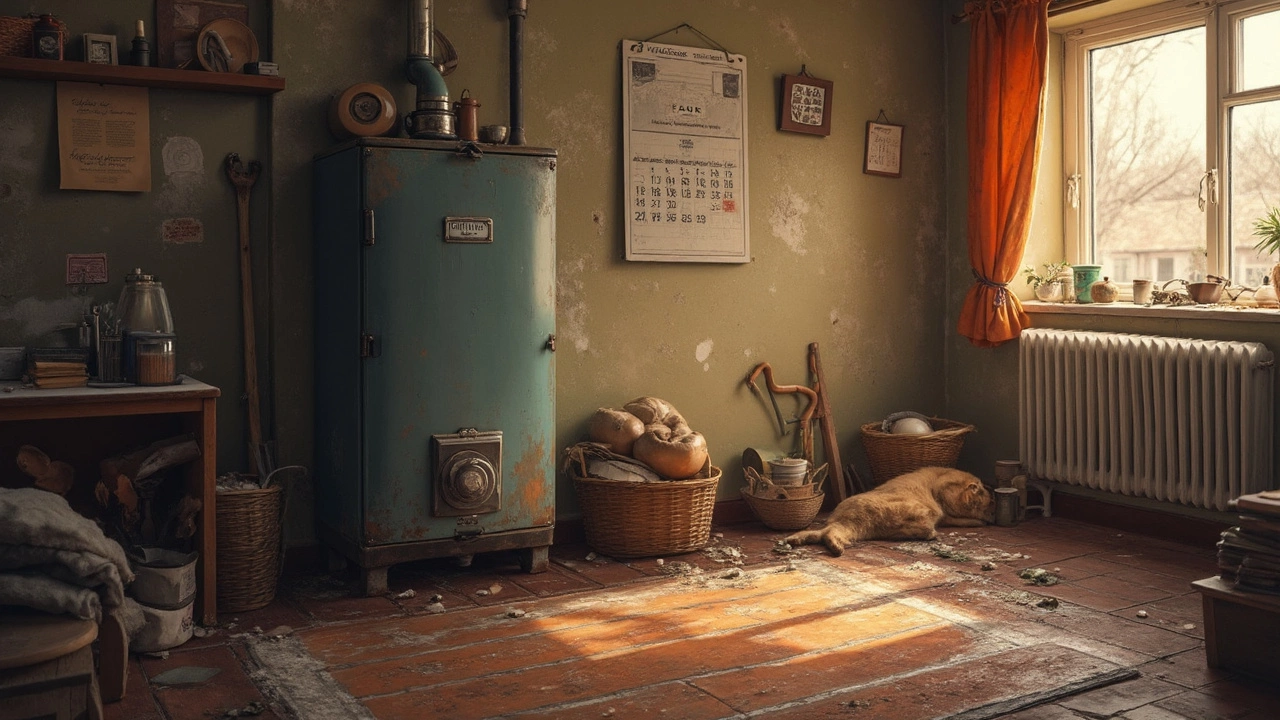
In the world of home heating, boilers are real workhorses. But have you ever wondered how long your trusty boiler will keep chugging along? Typically, a boiler can last anywhere from 15 to 20 years, depending on various factors like maintenance, usage, and quality of installation. Knowing when to fix or replace your boiler not only ensures a warm home but also helps you avoid unexpected expenses.
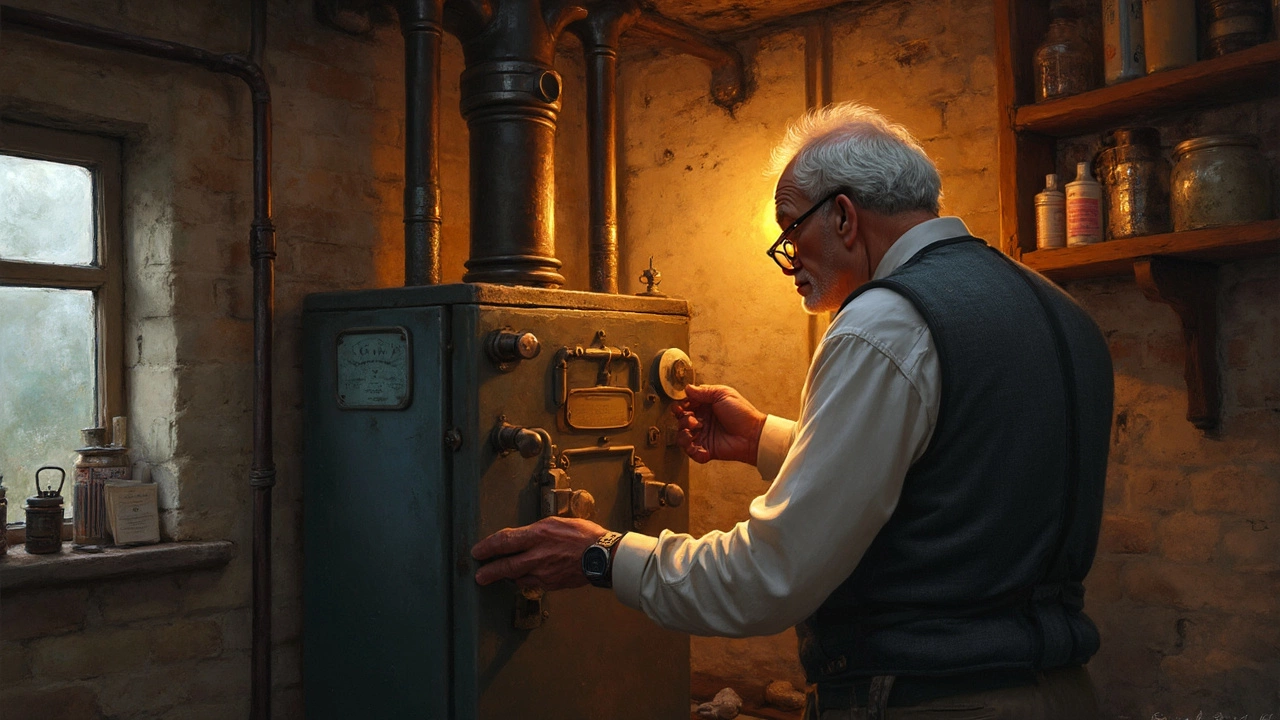
Boiler lifespan can vary greatly depending on usage, maintenance, and type. On average, boilers last anywhere from 10 to 15 years. Regular maintenance is key to prolonging the life of your boiler and ensuring it functions efficiently. In this article, discover how to keep your boiler in top shape and when it might be time to replace it.

Boilers are the unsung heroes of many homes, tirelessly keeping us warm through the coldest months. But how long can these mighty machines really last? This article delves into the factors affecting boiler lifespan, maintenance tips for longevity, and whether hitting the five-decade mark is realistic. Learn about the signs of wear and when it might be time for an upgrade.

Boilers, integral to any home heating system, don't last forever. Understanding their lifespan can help you plan timely maintenance and replacements to ensure efficient heating. In this article, we explore how long you can expect your boiler to serve you, what affects its longevity, and how regular care can make a difference. By understanding these aspects, homeowners can make informed decisions regarding their heating needs and avoid unexpected failures.
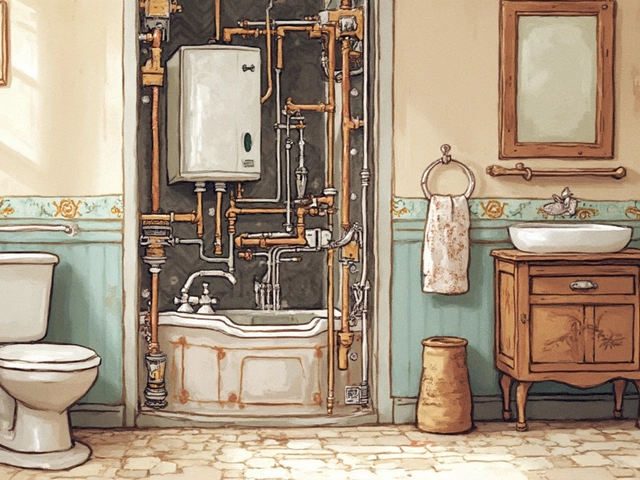
A failing water heater element can leave you in the chilly lurch just when you need a warm shower. Learn how to diagnose the problem with simple, straightforward steps. This guide covers common symptoms, testing methods, and practical tips for handling a faulty element. We'll explain what's involved and offer insights for DIY repair or knowing when to call a professional.

Ready to buy a new dishwasher? Check this guide for 2025's most unreliable dishwasher brands, stories you won't believe, and tested buying tips no one else will give you.
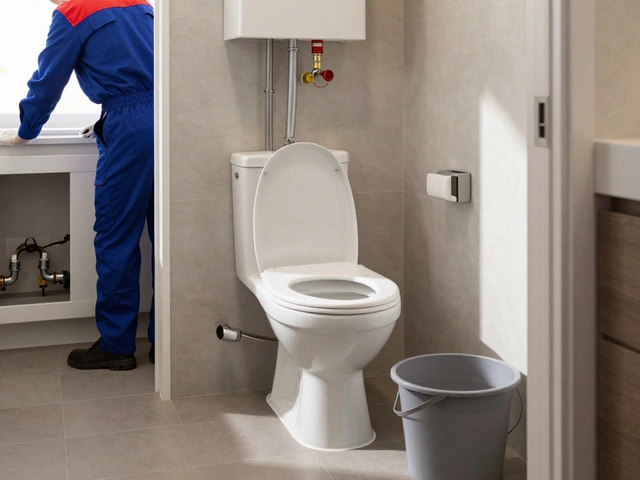
You can usually use the toilet when your boiler is being replaced, but water may be shut off during installation. Learn when it’s safe, how to flush without water, and what to ask your plumber to avoid surprises.

Curious about what counts as an appliance? Get concrete examples, clever tips, and practical facts about home appliances to make smart choices for your household.
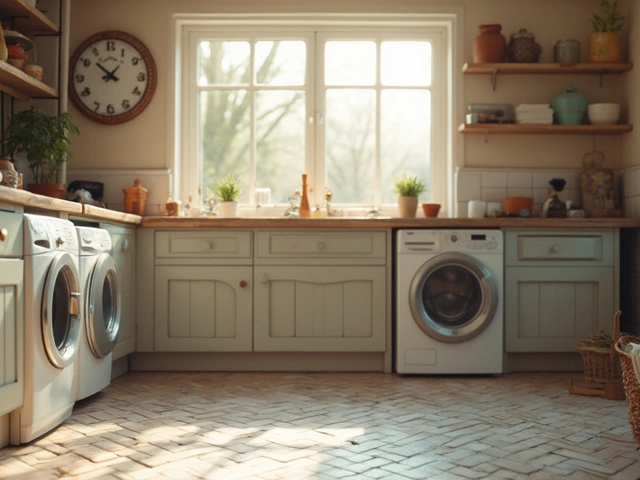
Wondering how long a washing machine should actually last? This article breaks down real averages, points out what causes washers to wear out, and shows simple ways to get more years out of your machine. We’ll look at red flags for replacement, compare old versus new models, and clear up some common myths about washers. If you want your next laundry day to go smoothly—or you’re tired of surprise breakdowns—this guide’s for you.